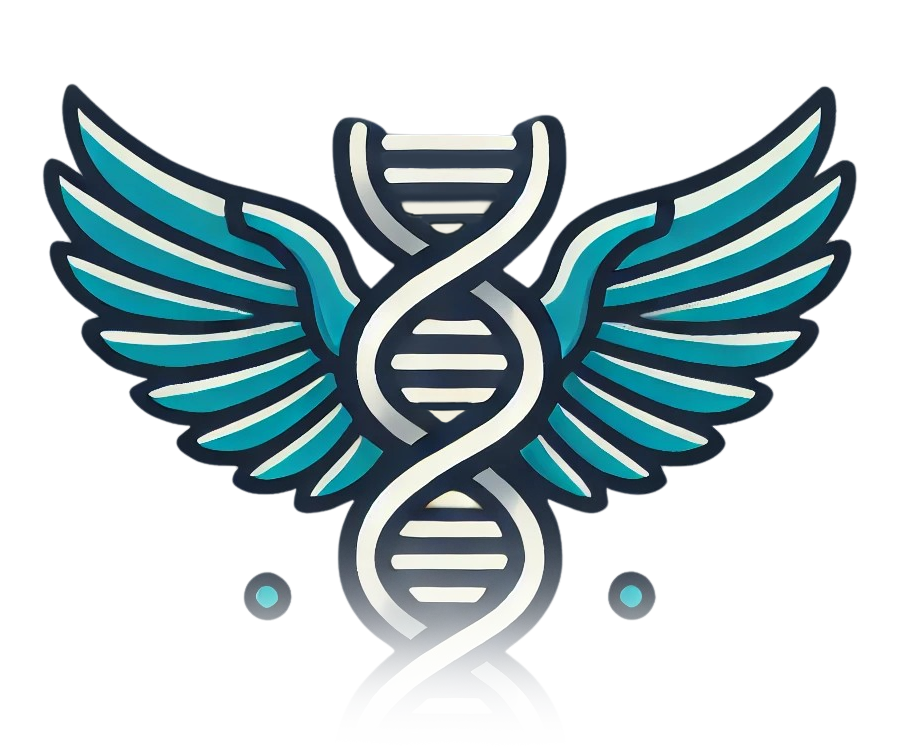Published: November 18, 2024
Study Conducted: July 2021
Here’s a deep dive into a groundbreaking study on prolonged fasting, where participants fasted for 21 days, consuming only mineral water. The study examined how the human body adapts during extended fasting and assessed its safety for healthy adults.
Study Design
The experiment involved 13 healthy volunteers (8 men and 5 women), aged 25–55 years, with an average body weight of 66.3 kg (145.7 lbs) and BMI of 24.5. It followed this structure:
1. Baseline Phase (3 days):
Measurements like weight, blood pressure, glucose, and liver function were taken.
2. Fasting Phase (21 days):
- Participants consumed only mineral water with essential electrolytes (sodium, potassium, magnesium, calcium).
- Light activities such as walking and reading were allowed.
- Daily medical monitoring ensured safety.
3. Refeeding Phase (10 days):
- Gradual calorie reintroduction over the first 5 days to avoid complications.
- Full recovery to a normal diet in the following 5 days.
Key Findings
1. Weight Loss and Metabolism
- Participants lost about 15% of their body weight (~10 kg or 22 lbs on average).
- Early phase: Rapid loss (~1 kg/day) due to water and glycogen depletion.
- Later phase: Slowed to ~0.3 kg/day, driven by fat breakdown.
- The body adapted by switching to ketosis, using fat as the primary energy source. Blood ketone levels increased significantly, peaking at 6.6 mmol/L.
- Blood glucose dropped by 21.6% compared to baseline.
2. Physiological Safety
Prolonged fasting was safe and well-tolerated under medical supervision. Key findings include:
Heart and Liver Health:
- No structural damage to these vital organs.
- The heart adapted with a slight increase in resting heart rate and a mild drop in blood pressure, both within normal ranges.
Blood Markers:
- White blood cell counts dropped slightly (15–24%), remaining within normal ranges, suggesting no severe immune suppression.
- Liver enzymes (ALT and AST) stayed normal for most participants. Three individuals experienced mild, temporary increases during the refeeding phase due to the digestive load.
Electrolytes:
- Sodium, potassium, and chloride decreased steadily during fasting, highlighting the importance of electrolyte supplementation.
- Zinc and copper levels increased, while calcium showed a slight rise by the 21st day.
These results confirm that 21 days of fasting can be physiologically safe for healthy individuals with proper hydration and supervision.
3. Refeeding is Critical
The study highlighted the importance of a gradual return to eating to prevent complications like refeeding syndrome, which can lead to:
- Electrolyte imbalances, such as low phosphorus or magnesium.
- Digestive issues, including bloating and diarrhea.
Participants started with light, easily digestible foods like broth and boiled vegetables and slowly reintroduced more complex meals. This strategy minimized risks and allowed their digestive systems to adjust.
Practical Takeaways
Is 21-Day Fasting Safe?
Yes, for healthy adults under medical supervision. The study demonstrates that the body can adapt without harm when fasting is done correctly.
How to Fast Like This Study:
Preparation:
- Gradually reduce food intake in the days leading up to fasting.
During the Fast:
- Drink water with electrolytes (add a pinch of salt if necessary).
- Avoid strenuous activities to conserve energy.
Refeeding Phase:
- Start with clear soups or boiled vegetables.
- Gradually add soft proteins (like eggs) and healthy fats.
- Avoid sugary or fatty foods in the initial days.
Broader Implications
Prolonged fasting could have potential applications beyond weight loss, including:
- Managing metabolic conditions like diabetes or obesity.
- Survival strategies for extreme conditions, such as space travel or food shortages.
Reference:
Zhongquan Dai et al., “Analysis of physiological and biochemical changes and metabolic shifts during 21-Day fasting hypometabolism,” Scientific Reports (2024). DOI: 10.1038/s41598-024-80049-2
This study highlights the human body’s incredible ability to adapt to prolonged fasting, showcasing its potential as a tool for health and survival when approached responsibly.

0 Comments